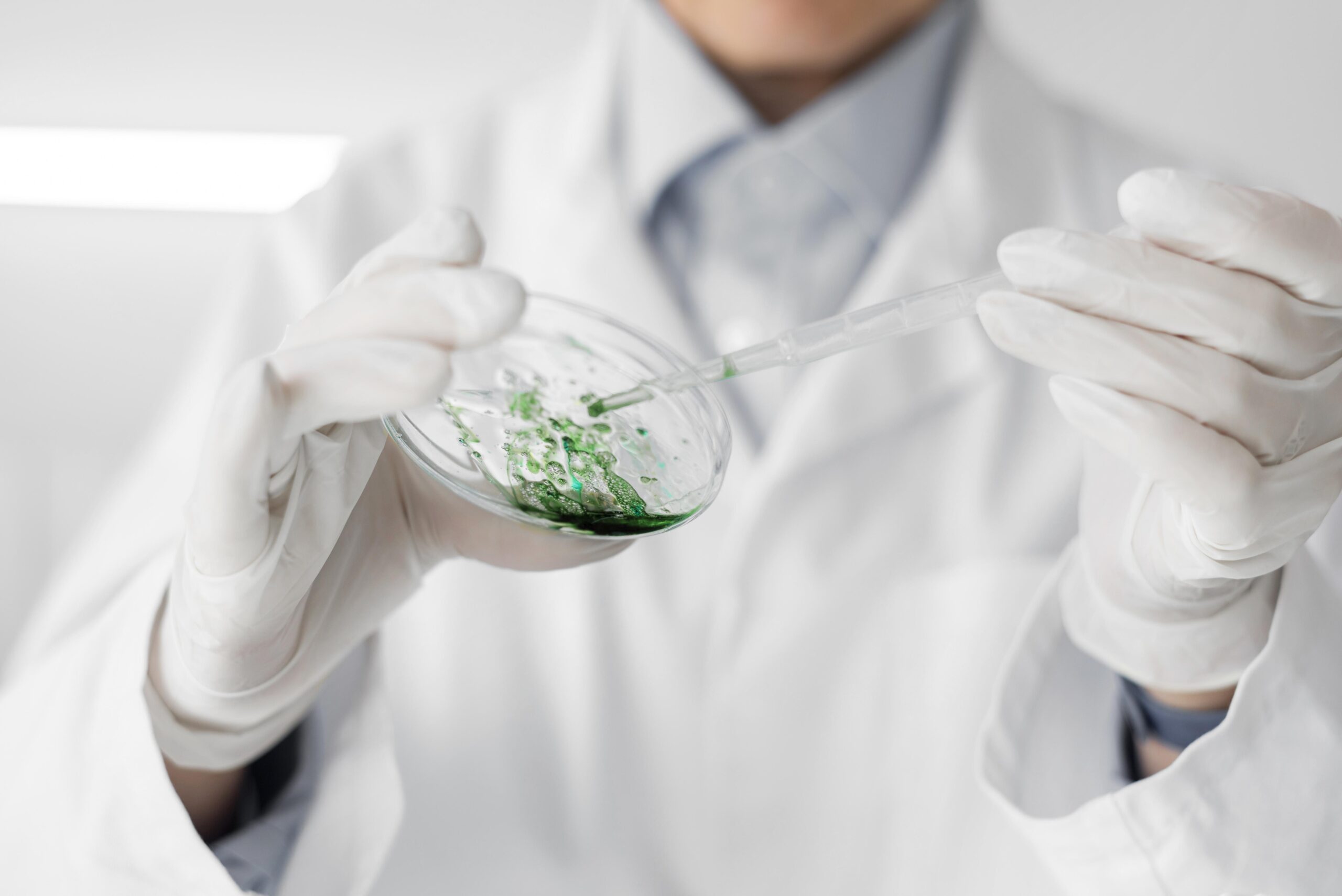The liver is one of the most vital organs in sows, playing a central role in nutrient metabolism, detoxification, and hormonal regulation. A healthy liver is essential not only for optimal growth and maintenance but also for reproductive success and longevity in breeding herds. However, modern intensive pig production systems often challenge liver function due to high metabolic demands, feed-related toxins, oxidative stress, and environmental factors.
Why Liver Health Matters in Sows
The liver acts as a biochemical hub for:
- Metabolism of nutrients: It converts dietary fats, proteins, and carbohydrates into usable energy forms.
- Detoxification: The liver neutralizes toxins and metabolic by-products that can otherwise accumulate and impair performance.
- Hormonal balance: It regulates hormones critical for reproduction, such as estrogen and progesterone.
- Immune modulation: A strong liver supports the immune response, reducing susceptibility to infections and post-farrowing complications.
When liver function is compromised, sows may exhibit poor feed efficiency, reduced fertility, irregular estrus cycles, and increased susceptibility to metabolic disorders such as fatty liver or ketosis.
Key Stressors Affecting Liver Function in Sows
- High Energy Diets: Modern sow diets rich in energy and nutrients place constant metabolic pressure on the liver.
- Mycotoxin Contamination: Even low levels of aflatoxins, ochratoxins, or zearalenone can induce hepatotoxic effects.
- Oxidative Stress: Free radicals generated during metabolic processes can damage liver cells, affecting their function.
- Reproductive Demands: The physiological load during gestation and lactation increases nutrient turnover and hepatic stress.
- Environmental and Management Stressors: Heat stress, inadequate ventilation, and poor water quality further exacerbate hepatic strain.
Phytogenics: A Natural Solution for Supporting Liver Health
Phytogenics plant-derived bioactive compounds such as essential oils, flavonoids, alkaloids, terpenes, and saponins that have gained growing recognition for their role in promoting liver health in sows naturally and sustainably. These compounds work through multiple mechanisms that strengthen liver resilience and functionality.
1. Antioxidant Protection
Phytogenic compounds such as curcumin, carvacrol, and flavonoids scavenge free radicals and protect liver cells from oxidative damage. This antioxidant activity reduces lipid peroxidation and maintains the structural integrity of hepatic tissues.
2. Hepatoprotective and Detoxifying Action
Certain phytogenics enhance the liver’s detoxification pathways, promoting enzyme activity related to toxin metabolism. Ingredients like silymarin and andrographolide are known to regenerate hepatocytes and improve bile secretion, aiding in toxin elimination.
3. Anti-inflammatory Benefits
Chronic inflammation can impair hepatic performance. Bioactive plant molecules modulate inflammatory mediators, lowering cytokine production and protecting liver tissue from stress-induced inflammation.
4. Improved Fat Metabolism
Phytogenics enhance lipid metabolism, reducing fat accumulation in the liver and preventing fatty liver syndrome. This contributes to better nutrient utilization and energy balance, especially critical during gestation and lactation.
5. Enhanced Reproductive Efficiency
By improving liver function, phytogenics indirectly support hormonal metabolism and nutrient supply to the reproductive system — leading to improved conception rates, higher litter sizes, and healthier piglets.
Integrating Phytogenics into Sow Nutrition
Incorporating phytogenic feed additives into sow diets provides a multifaceted approach to maintaining liver health. When formulated with scientifically standardized extracts, these additives offer consistent performance benefits while aligning with antibiotic-free and sustainable production goals.
Producers have observed that sows receiving phytogenic supplementation often show:
- Improved feed intake and nutrient absorption
- Faster post-weaning recovery
- Enhanced reproductive performance
- Reduced incidence of metabolic and liver-related disorders
Liver health is central to the productivity, health, and longevity of sows. Given the increasing challenges of intensive pig production, supporting hepatic function through natural means has become essential. Phytogenic feed additives represent a science-backed, sustainable strategy to protect the liver, optimize metabolism, and ensure better reproductive outcomes.
Kolin Plus offers a natural and effective approach to maintaining liver health in sows. Formulated as a botanical alternative to synthetic choline chloride, Kolin Plus supports optimal fat metabolism and prevents excess fat accumulation in the liver a common concern during late gestation and lactation.
Kolin Plus helps sustain the liver’s functional capacity, leading to better feed utilization, reproductive efficiency, and overall sow health.




